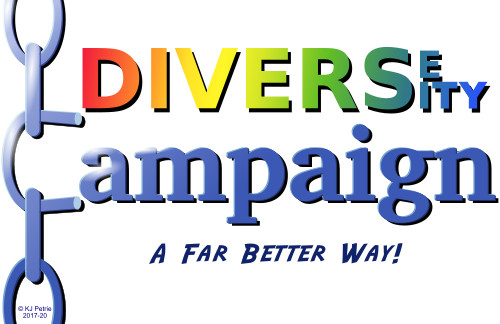Opinion
22nd February 2019
Drastic action to protect a way of life
Revoking a person’s citizenship on the basis of her beliefs seems like an extreme act. Could it ever be justified? If it can the circumstances would have to be very extreme too. Does the case of Shamima Begum reach such an extremity? If so, the burden of proof would surely lie with the Government to show how it does.
Granted, the Government has access to intelligence reports the rest of us know nothing of, so it might take its decision on grounds unknown to the rest of us, but the grounds it has given is that this young mother is a threat to our country, values, and way of life because she has not repudiated her beliefs in the ideals of the IS group.
Inasmuch as those beliefs incite hatred and violence they are potentially threatening, but it is unclear whether Ms Begum intends to put them into effect by actually inciting violence, which ought to be a crime dealt with if it happens. Surely, she is entitled to believe, in private, whatever she likes, provided she does not step over a line into actual criminality.
The truth is ordinary people like us cannot know in enough detail what the facts of this case are, so we are in no place to judge it one way or another, but the principle raised by it must be of concern to us all. Is it really right to make a person’s citizenship dependent on that person’s beliefs? Somehow, that is reminiscent of too many totalitarian regimes of the past which persecuted minorities on the basis of faith or custom, deprived them of citizenship and then subjected them to appalling abuse. For if people have no citizenship, how are they to have rights and the means to resist?
According to the Government, this is a means of protecting us against enemies who seek to destroy us, but is that really the case? Firstly, it would take a lot more to destroy us than a few nasty terrorist incidents, horrible though those would be. IS and similar groups have no tanks, no military-grade weaponry. They can cause harm to individual victims, but they cannot bring down a country or defeat an army. As such, they might be a threat to some of us as individuals, but they are no threat to our society, its institutions and structures or, unless we are goaded into giving them up, our values.
Secondly, isn't an aggressive response what legitimises such groups in the eyes of their supporters? Where do these groups come from? Is it envy, or just plain malice, or is it fear of a Pseudo-Liberal West imposing its values on those who don’t want them? In a diverse world, why should everyone be required to organise their society the same way? Why can’t there be legitimate debate, and with it the freedom to come to different conclusions about how things should be? How free should a culture be to hold and operate according to its own values? Are there universal values everyone should be forced to adopt? If so, who is to decide what those values are?
And here we come to a question I suspect someone like Ms Begum might well raise: are they trying to destroy our way of life or are “we” trying to destroy theirs? That’s an uncomfortable question, because it implies equal status between the civilised “us” and the barbaric “them”, but it’s that very implication of inequality which drives “them” to violent hatred and extreme means. However vicious and disreputable terrorist groups might be, the grievances they express can be legitimate ones, even if their means of expressing them is repugnant. It is just possible that Pseudo-Liberalism is responsible for the environment which fosters such groups and, far from protecting us from them, exposes us to greater sources of risk.
It looks as if the case of Shamima Begum will go to law and be decided by a judge considering how well the law has been applied. Whether the result of that is fair or not will depend, of course, on whether the law itself is fairly framed, and that depends in turn on both the intentions and wisdom of those who framed it.

